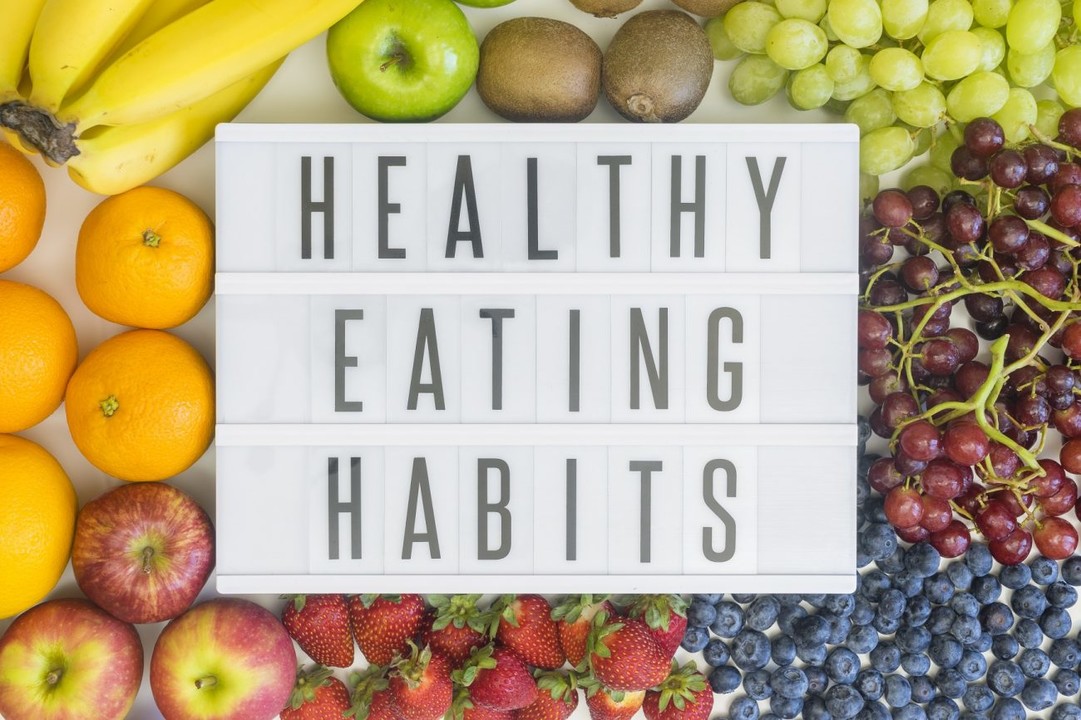In a world brimming with fast-food options, processed snacks, and sugary indulgences, finding the path to healthy eating can feel like a daunting task. However, making smart food choices is essential for maintaining overall well-being and preventing chronic diseases. In this article, we will explore the significance of healthy eating, provide practical tips for making informed food decisions, and discuss how these choices contribute to a vibrant and fulfilling life.
Understanding Healthy Eating:
Healthy eating involves nourishing your body with nutrient-dense foods that provide essential vitamins, minerals, and other vital components. It’s about finding a balance between satisfying your taste buds and fueling your body with the nutrients it needs to function optimally.
The Importance of Healthy Eating:
- Disease Prevention: A diet rich in fruits, vegetables, whole grains, lean proteins, and healthy fats is associated with a reduced risk of chronic diseases such as heart disease, diabetes, and certain cancers.
- Energy and Productivity: Nutrient-rich foods provide the energy necessary for daily activities and mental clarity, enhancing overall productivity.

- Weight Management: Healthy eating supports weight management by providing satiety and preventing overconsumption of empty calories.
- Mood and Mental Health: Certain nutrients, such as omega-3 fatty acids and antioxidants, play a role in promoting positive mood and mental well-being.
- Longevity: A balanced diet contributes to a longer, healthier life by supporting organ function and cellular health.
Tips for Making Smart Food Choices:
- Prioritize Whole Foods: Base your diet on whole foods like fruits, vegetables, whole grains, lean proteins, and nuts. These foods are nutrient-dense and provide essential vitamins and minerals.
- Read Nutrition Labels: Pay attention to nutrition labels to understand the nutrient content, serving sizes, and ingredients in packaged foods.
- Portion Control: Be mindful of portion sizes to avoid overeating. Use smaller plates and bowls to help regulate portions.
- Colorful Plate: Aim for a colorful plate filled with a variety of fruits and vegetables. Different colors indicate a diverse range of nutrients.
- Lean Proteins: Choose lean protein sources such as poultry, fish, beans, lentils, and tofu. These provide essential amino acids for muscle repair and growth.
- Healthy Fats: Include sources of healthy fats like avocados, nuts, seeds, and olive oil. These fats support heart health and brain function.
- Limit Processed Foods: Minimize your consumption of highly processed foods high in added sugars, unhealthy fats, and sodium.
- Hydration: Drink plenty of water throughout the day to stay hydrated and support various bodily functions.
- Mindful Eating: Pay attention to your body’s hunger and fullness cues. Eat slowly and savor each bite.
- Plan Ahead: Plan your meals and snacks in advance to avoid impulsive, unhealthy choices.
- Enjoy Treats in Moderation: It’s okay to enjoy occasional treats, but in moderation. Avoid an all-or-nothing mindset.
- Cook at Home: Preparing meals at home allows you to control ingredients, portion sizes, and cooking methods.
The Journey to Vibrant Health:
Embracing healthy eating is not about restriction or deprivation; it’s about nourishing your body with the nutrients it needs to thrive. When you make informed food choices, you are investing in your long-term well-being and vitality.
Creating Lasting Habits:
Building healthy eating habits takes time and consistency. Rather than focusing on short-term diets, aim to make sustainable changes that you can incorporate into your daily life.
Benefits of Smart Food Choices:
- Increased Energy: Nutrient-dense foods provide sustained energy levels throughout the day.
- Improved Digestion: Whole foods are rich in fiber, promoting healthy digestion and preventing constipation.
- Enhanced Skin Health: Nutrients like vitamins A and C contribute to healthy, glowing skin.
- Strong Immune System: Proper nutrition supports a robust immune system, helping your body fight off infections.
- Long-Term Well-Being: Consistently making smart food choices contributes to your overall health and longevity.
In Conclusion:
The path to healthy eating is not a rigid one; it’s a journey of discovering nourishing foods that resonate with your body’s needs. By prioritizing whole foods, reading labels, and making mindful choices, you are taking significant steps toward optimal well-being. Remember that every meal is an opportunity to fuel your body, nurture your health, and embrace a lifestyle that promotes vitality and longevity.





















Add Comment